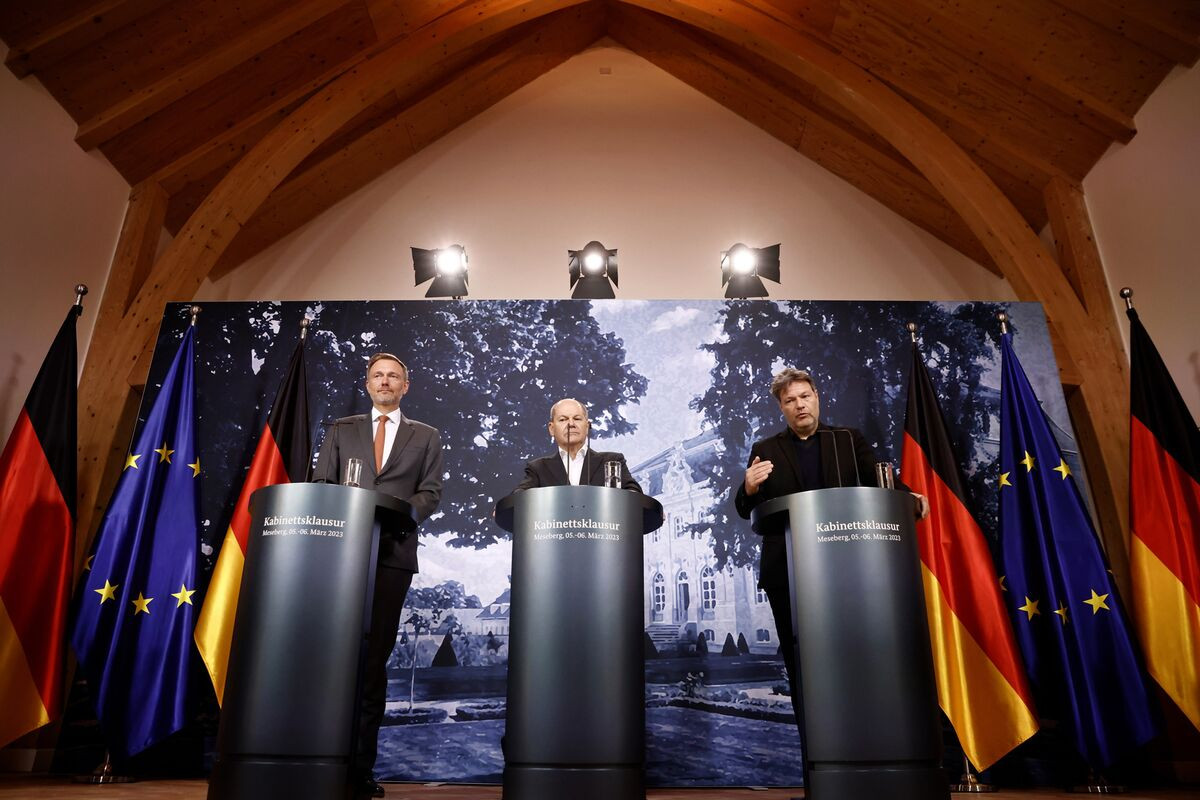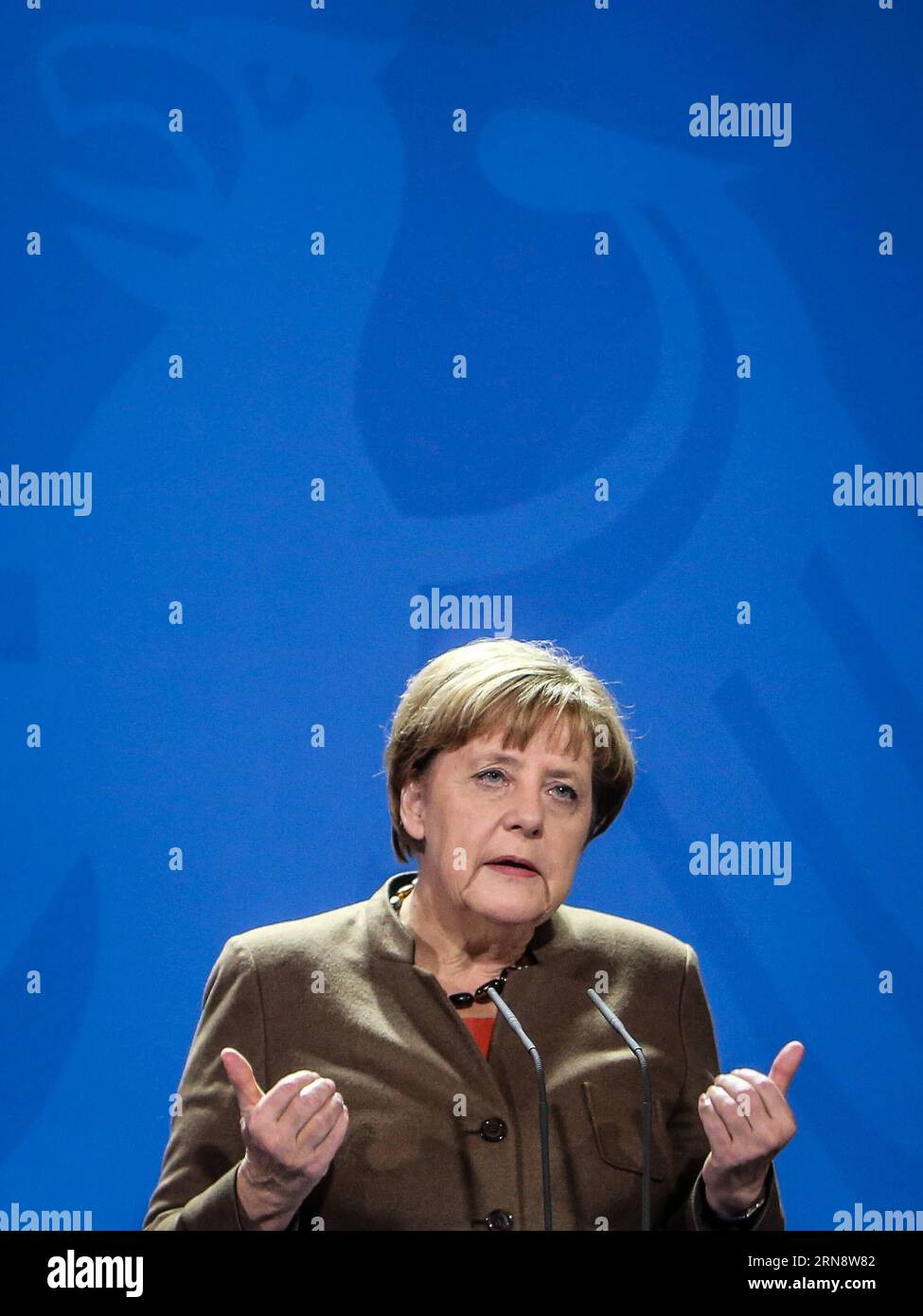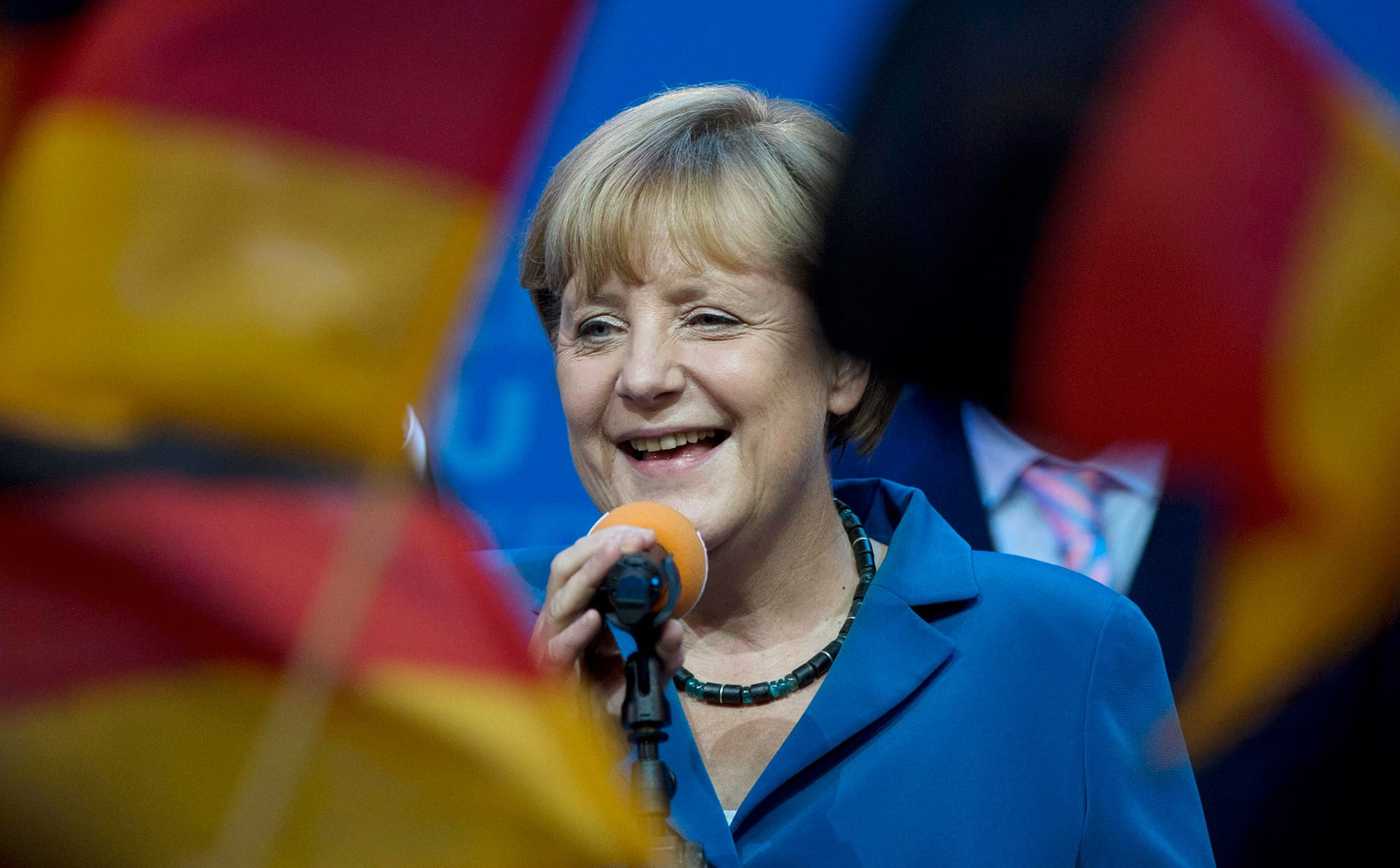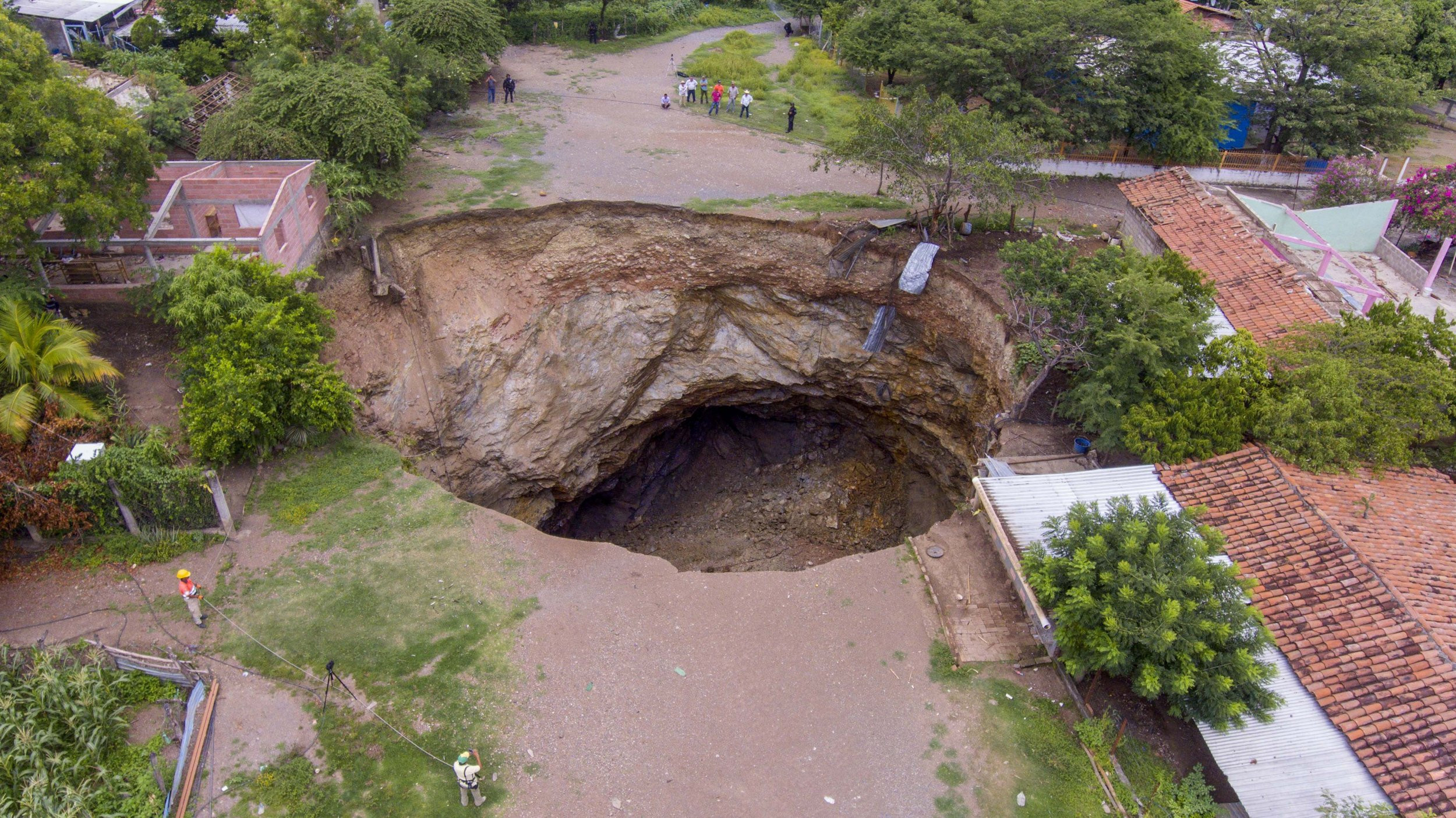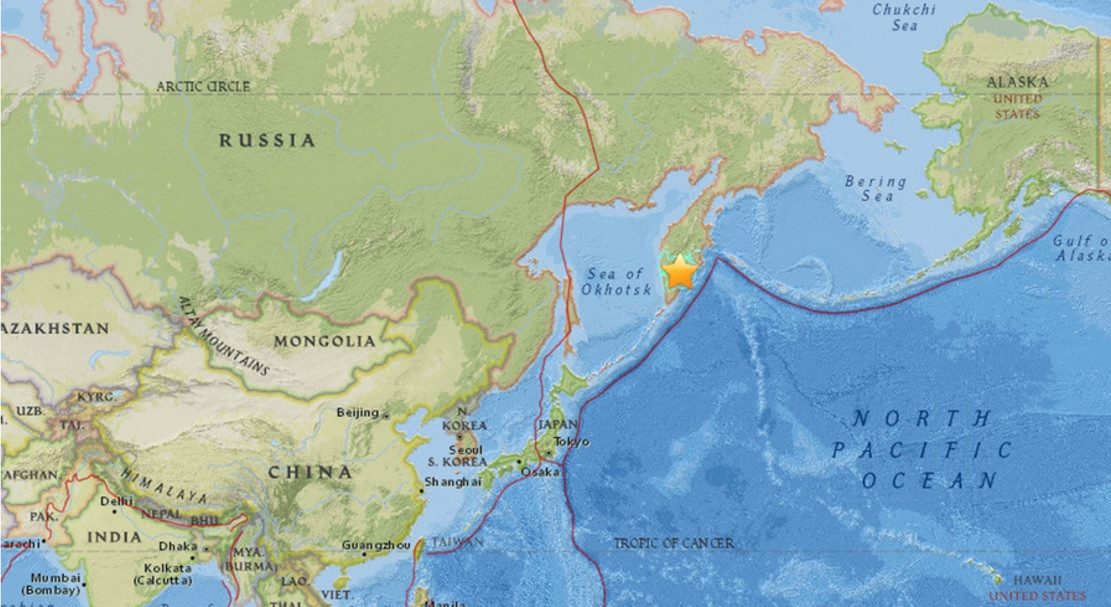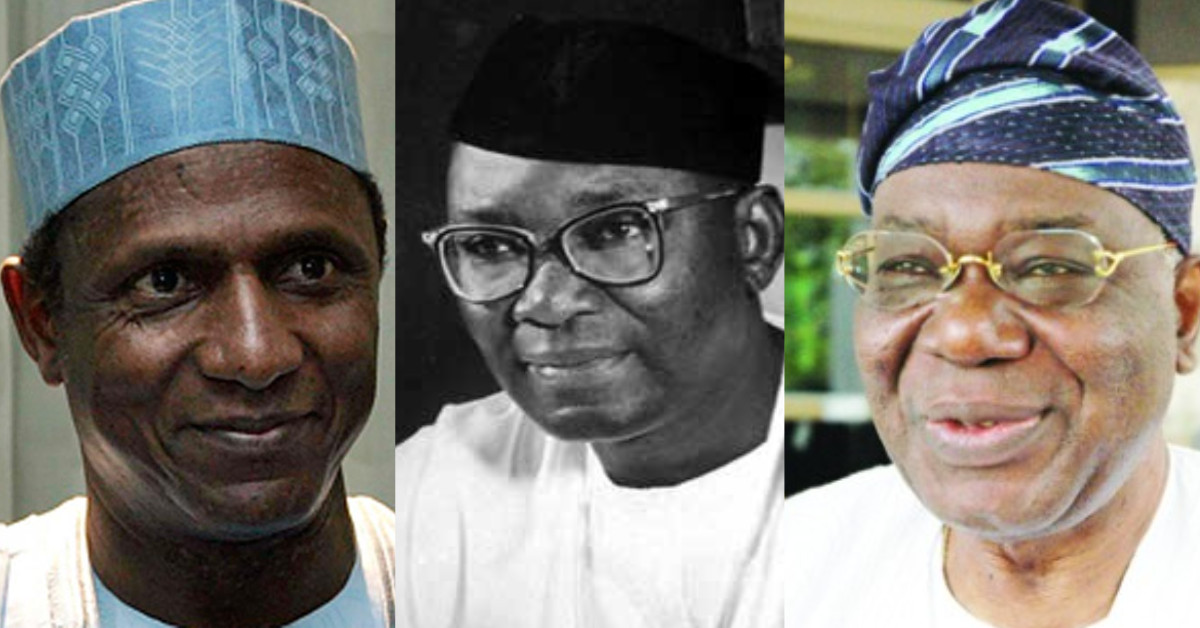Germany appears headed toward an unexpected election — and complete political upheaval — after its deeply unpopular ruling coalition collapsed this week.
Until Wednesday, Germany, which operates under a parliamentary system in which multiple parties compete for power, was governed by a fragile coalition of three parties with very different aims. That arrangement changed after Chancellor Olaf Scholz (who belongs to the party that led the coalition, the center-left Social Democratic Party) fired his finance minister, who belongs to the fiscally conservative Free Democratic Party, over a budget dispute.
In response, the Free Democratic Party pulled out of the coalition, leaving the Social Democratic Party and its other coalition partner, the climate change-focused Green Party, without a majority in the Bundestag, Germany’s parliament. For the time being, the two parties will still govern the country, but it will be difficult to pass legislation.
As a result, Germany faces political gridlock. Scholz has said he would call a vote of confidence in his government in January. He and the Greens are expected to lose, which would trigger an early election and likely elevate different parties and politicians to leadership positions, significantly shifting the course of German politics.
The Roots of the Coalition's Collapse
The three-party coalition was troubled nearly from the beginning.
Scholz has never been particularly popular, and his party has been steadily losing ground to the right-wing Alternative for Germany (AfD), as well as to other minority parties in both European Parliament and state elections.
The other issue the coalition faced was that German economic growth has been slow for years, struggling to rebound from the Covid-19 pandemic. That’s primarily because the German auto industry is threatened by Chinese electric imports and decreased demand. German energy costs have skyrocketed following sanctions on the cheap Russian fuel the country relied on prior to Russia’s invasion of Ukraine.
After no party won a majority back in 2021, the coalition members — each with a very different approach to spending — agreed to work together “based on the assumption that they had a pretty generous budget from leftover coronavirus funds,” credit secured to finance the country’s pandemic response, Liana Fix, a fellow for Europe at the Council on Foreign Relations, told Vox.
But the German constitutional court ruled earlier this year that the emergency Covid-19 funds couldn’t be used for other priorities, leaving a multibillion-euro hole in Germany’s budget.
Adding to this problem is that Germany has a constitutionally set level of debt it isn’t supposed to exceed. Scholz wanted to raise that debt level, in part, to surge aid to Ukraine during its war with Russia. Christian Lindner, the fired finance minister, said that to do so would be tantamount to “violating my oath of office.”
The Challenges Ahead
Opposition parties have called for rapid action to form a new government, particularly given that US President-elect Donald Trump takes office in January. He has threatened tariffs that could further damage Germany’s economy. Scholz’s proposed timetable for elections wouldn’t allow a new government to be formed before June. Once it is formed, he and the Social Democratic Party will likely find themselves voted out of power.
The collapse of Germany’s governing coalition and President-elect Donald Trump’s imminent return to the White House are creating new risks for the European Union’s biggest economy, already in a troubling decline.
Germany’s economy has been shrinking for the past two years in the wake of the coronavirus pandemic, war in Ukraine and competition from China. Amid both structural problems at home and global challenges, Chancellor Olaf Scholz’s fractious three-party coalition failed to find a way forward on some key issues.
The situation came to a head Wednesday night when Scholz announced he was firing Finance Minister Christian Lindner. The move effectively meant the collapse of the chancellor’s coalition, which relied on Lindner’s pro-business Free Democratic Party, and left the government bereft of a parliamentary majority.
The coalition’s breakdown followed weeks of internal disputes over how to boost Germany’s ailing economy.
Scholz said he planned to seek a vote of confidence in parliament on Jan. 15, a move that could lead to an early election by the end of March if he loses. Germany’s next regularly scheduled election is not until September. In the meantime, he said he would reach out to opposition leader Friedrich Merz of the center-right Christian Democrats to discuss ideas for strengthening the country’s economy and defense.
But business leaders called Thursday for Scholz to act much more quickly to produce a stable government that is poised to tackle the crisis.
“Every additional day with this federal government is a lost day. We demand new elections as soon as possible,” said Dirk Jandura, president of the German wholesale lobby BGA. “Germany needs an economic turnaround. We have to turn the tide before the waves get too high.”
Economic and Political Uncertainty Looms
The coalition’s collapse came in the final hours of a day in which European leaders began to digest the certainty of another Trump presidency, which will have serious implications for European security and the economy.
“At the European level, political instability in Germany is not good news,’' Antonio Villafranca, vice president of the Italian think tank ISPI, said, noting that a strong Franco-German alliance at the center of the European Union provided an important counterweight during Trump’s first presidency.
Trump has threatened a withdrawal of NATO commitments and a fundamental shift of support for Ukraine in its war with Russia. He has also threatened to slap tariffs of up to 20% on goods from the EU, (and even higher tariffs on goods from China), raising the prospect of a trade war with Washington’s European allies.
Tariffs would deal a sharp blow to German exports and serve another painful setback to an economy long powered by cheap and plentiful energy from Russia and large export markets.
German industry still has not fully recovered from the shocks of the COVID-19 pandemic. Then came Russia’s full-scale invasion of Ukraine in 2022, which led Germany and other Western countries to cut themselves off from Russian gas and oil. Competition from China, including its electric vehicles, has meanwhile forced German and other and European carmakers to lower production and lay off workers.
“Political developments over the last 24 hours have further darkened the already bleak short-term outlook for the German economy,” Carsten Brzeski, global head of macro at Dutch banking firm ING, said.
“A second term in office for Donald Trump in the U.S., with the expected new trade tensions, will hit the German economy, which has 10% of its exports going into the U.S.,” Brzeski said in a note published Thursday. “It doesn’t require a lot of imagination to see U.S. tariffs on European cars sending the German automotive industry into deeper problems.”
A Potential Silver Lining for the German Auto Industry?
Other analysts say Trump’s embrace of tariffs might actually benefit Germany’s automobile industry, whose woes have been one of the reasons for the weakening economy. While Trump has threatened to impose new tariffs on European products, President Joe Biden already placed 100% tariffs on Chinese electric vehicles vehicles, which are flooding the global market.
“Trump can save the German automotive sector” by keeping the tariffs on Chinese EVs, said Daniel Gros, director of the Institute for European Policymaking at Milan’s Bocconi University. “The United States is the only market in the world where German carmakers don’t encounter much competition from China.”
Last month, Volkswagen said it planned to close at least three factories in Germany, the first domestic closures in its 87-year history.
“Some factories will have to close, but perhaps fewer,’' Gros said.
Looking Ahead: A Time of Uncertainty
Scholz’s firing of the finance minister came after his center-left Social Democrats and the environmentalist, left-leaning Greens had discussed plans for massive state investments. The Free Democrats, however, rejected tax increases or changes to Germany’s strict self-imposed limits on running up debt.
Scholz accused Lindner of refusing to find common ground on economic issues, including by publicly calling for what the chancellor said would be tax cuts worth billions for a few top earners while at the same time cutting pensions for all recipients.
“That is not decent, that is not fair,” Scholz said.
Scholz’s Social Democrats, Vice Chancellor Robert Habeck’s Greens and Lindner’s Free Democrats, a party that in recent decades was mostly allied with conservatives, set out in 2021 to form an ambitious, progressive coalition straddling ideological divisions that would modernize Germany.
The government can point to achievements: preventing an energy crunch after Russia cut off its gas supplies to Germany, initiating the modernization of the military and a series of social reforms. But the impression it has left with many Germans is of deepening dysfunction.
“In view of the global political situation and the poor economic development of Germany as a location, we now need a new, capable government with its own parliamentary majority as quickly as possible,” said Siegfried Russwurm, president of the Federation of German Industries.
“With the inauguration of the new U.S. government at the beginning of 2025, uncertainty is expected to increase,” Russwurm said.
The political landscape in Germany is now more uncertain than ever. The country’s economic woes are likely to worsen in the coming months, and the potential for a trade war with the US looms large. How Germany navigates these challenges and the upcoming elections will have far-reaching consequences for both the country and the European Union as a whole.




